Hello dear readers, so in today’s article we are going to discuss the question that must be popping up in your brain when you go to shop for a charger for your electric car: Why are EV chargers so expensive?
The rise of electric vehicles (EVs) has paved the way for a cleaner and more sustainable future of transportation. As EV adoption continues to grow, the need for efficient and accessible electric car chargers becomes paramount. However, one common concern that arises is the perceived high cost associated with electric car chargers. In this article, we delve into the reasons behind the seemingly.
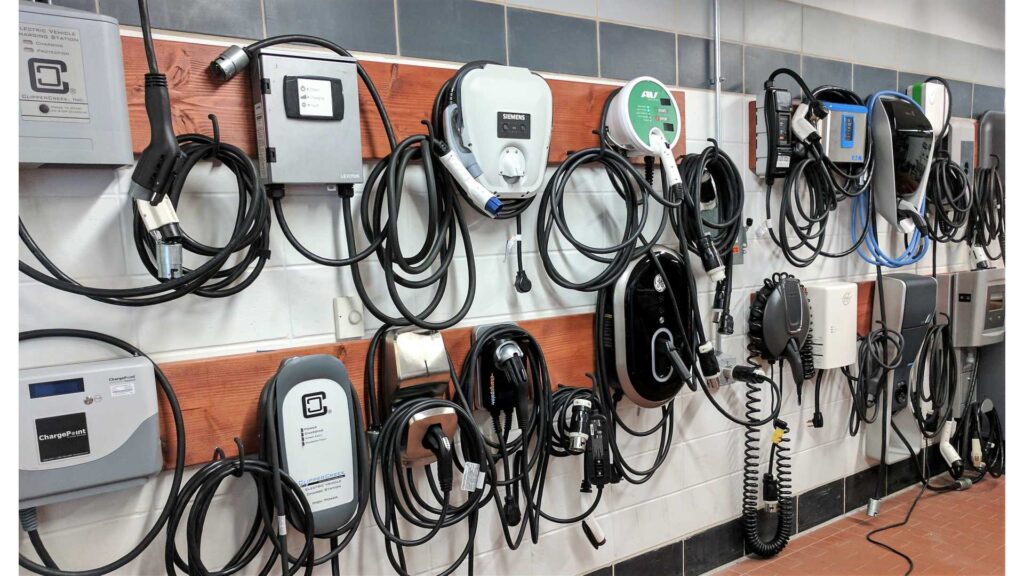
It is not the single reason that makes the electric charger expensive, there are various factors that contribute to making an EV charger so expensive. Let’s get to know them one by one.
Ensure the safety of EV chargers
The charger for electric vehicles must have strong safety features because a high power output is performed by it. Current limiting feature is required to manage and regularize the flow of current, ground fault detection is required to get the early warning, thermal management is also needed to prevent the overheating of the charger caused by the flow of current.
Required Infrastructure
It is a top requirement to build the widespread charging infrastructure which can support this expanding sphere of electric vehicles. Setting up charging stations requires significant investments in infrastructure development, including the installation of charging equipment, electrical grid upgrades, and construction costs.
These expenses, coupled with the need for safety compliance and permits, contribute to the overall cost of electric car chargers.These chargers are equipped with components such as high-voltage cables, power electronics, control systems, and communication interfaces, all of which involve research, development, and testing costs. Additionally, ongoing innovation in charging technology drives up the initial investment required to manufacture and maintain these devices.
Installation and Site Requirements
Installing electric car chargers involves various considerations, including electrical upgrades, permits, labor costs, and site-specific requirements. Depending on the charger type, power capacity, and installation location (residential, commercial, or public areas), the costs can vary significantly. Extensive electrical work, including panel upgrades or trenching. Along with the need for specialized expertise, can drive up installation expenses. These infrastructure changes raise installation costs.
Maintenance and Upkeep
Electric car chargers require regular maintenance to ensure optimal performance and safety. Routine inspections, repairs, software updates, and replacement of faulty components contribute to the overall cost of ownership. Manufacturers and charging network operators often bear these maintenance costs, which are factored into making EV chargers so expensive.
Regulatory Compliance
Electric car chargers must adhere to stringent safety standards and regulations. Compliance with industry-specific certifications, electrical codes, and safety protocols involves additional testing, documentation, and quality assurance measures, all of which add to the overall cost.
Why are home EV chargers expensive?
The answer to this question is demand and supply. As of now the EV manufacturers are only focusing on making their electric cars and bikes but few are only concerned about their charging and providing at least home charging equipment along with the car but still it is not sufficient to fulfill the need. There are insufficient charging stations to meet the charging needs of available cars on the roads and that is why the companies which are manufacturing home electric car chargers are selling the chargers overpriced.
While the initial cost of electric car chargers may appear high, it is essential to consider the underlying factors that contribute to their pricing. Infrastructure development, technology and innovation, scalability, installation requirements, maintenance, and regulatory compliance all play significant roles in shaping the cost landscape. As the market continues to evolve and mature, economies of scale, advancements in technology, and increased competition are expected to contribute to the reduction in charger prices, making EV charging more accessible and affordable for all.
As the world moves towards a sustainable future, it is crucial to invest in the expansion of charging infrastructure while exploring avenues to optimize costs and promote widespread adoption of electric vehicles.

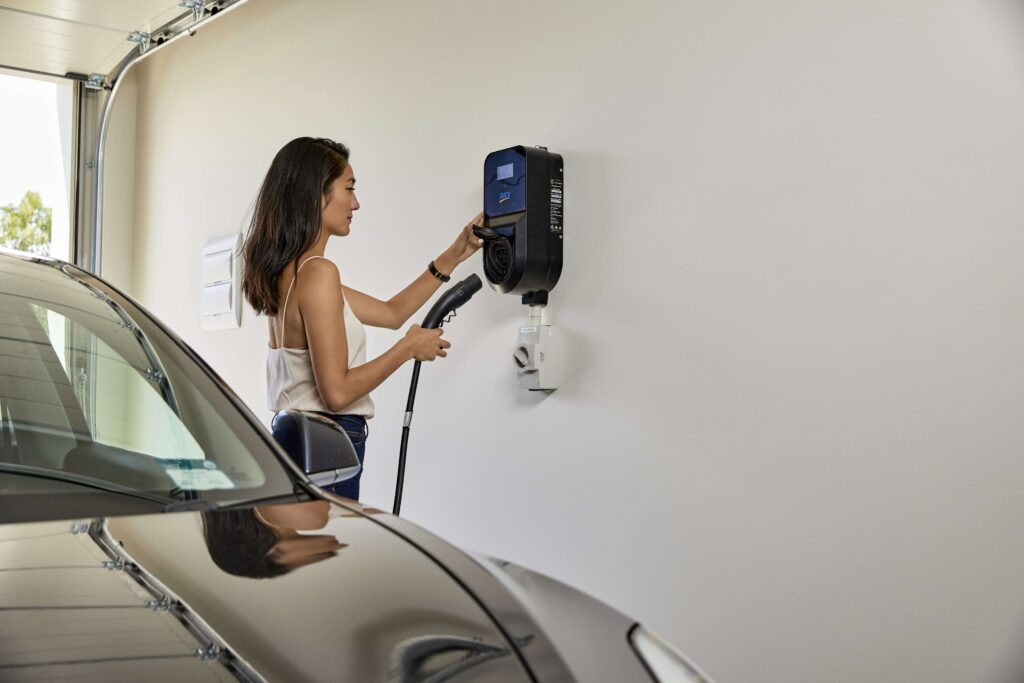










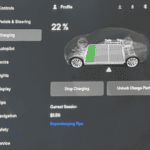










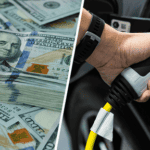




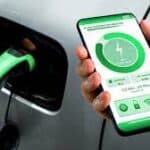






2 thoughts on “why are EV chargers so expensive? Reasons & Challenges”